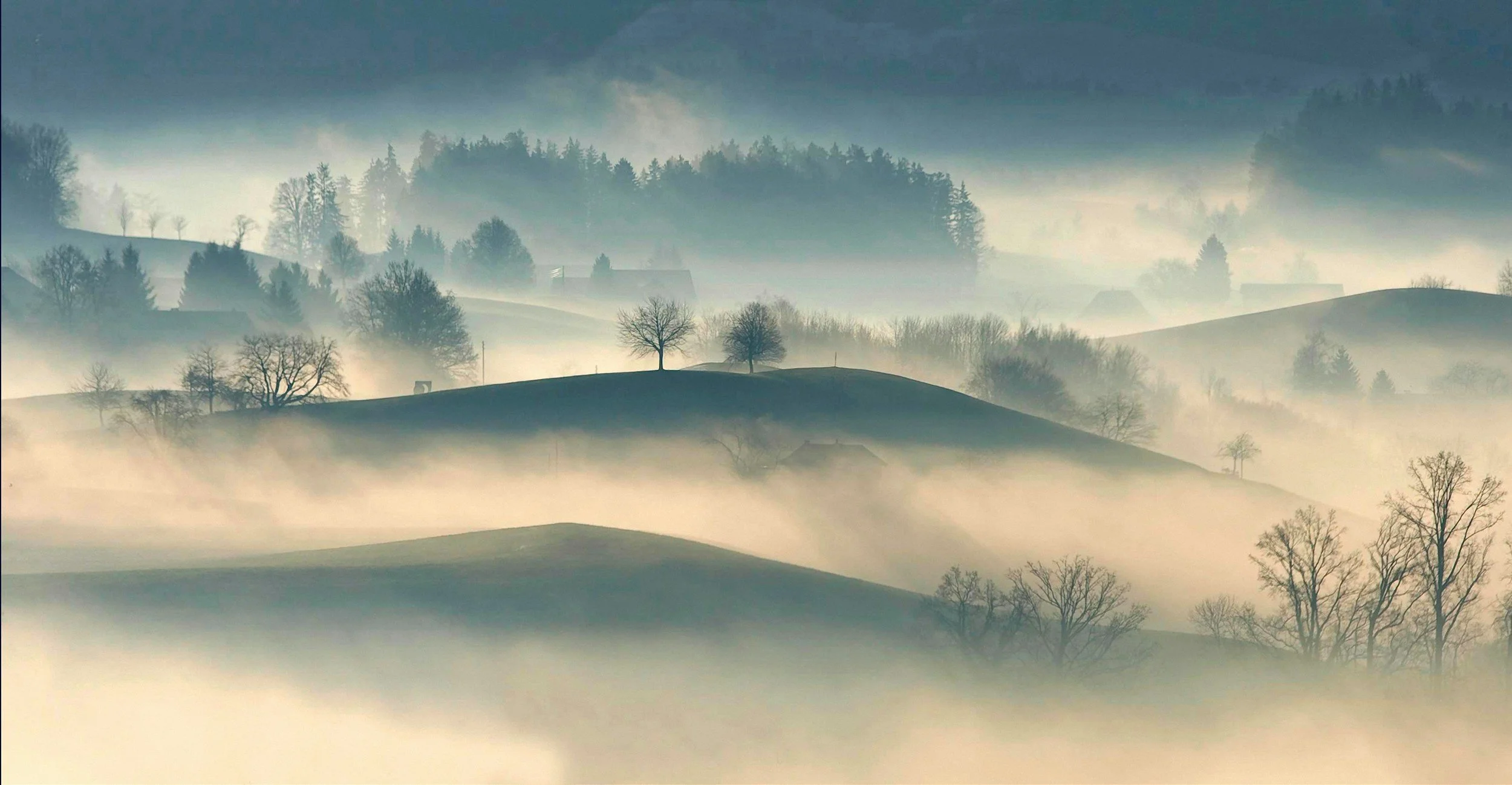Stories that haunt. Quotes that linger. Thoughts that bruise.
Dive into essays, reflections, and bookish devotionals. Expect love letters to fictional characters, meditations on melancholy, and musings written at midnight.
Jane Eyre
Dear Jane, my sweet friend, you did not demand more than air to breathe, you only asked for love. Your trek for this love was long, winding, filled with loss, and gain. You are a reminder that true love does not come at the cost of yourself and instead requires knowing and loving yourself first. Be good Jane, as you always were.
To Jane, To Thornfield, To the Wind-Ravaged Moors:
How do I begin to write of a book that broke me open and stitched me back with thorns?
Jane Eyre is not just a novel. It is a haunting, a slow-burning hymn to selfhood, to moral courage, and to the kind of love that bruises before it heals.
Written by Charlotte Brontë, the quiet third of the Brontë sisters — daughters of a country clergyman, bound by stormy Yorkshire winds and imagination — Jane Eyre emerged in 1847 under the pseudonym “Currer Bell.” In an era when women’s voices were silenced, Charlotte roared. Her prose was fire hidden in lace.
“I am no bird; and no net ensnares me: I am a free human being with an independent will.”
Jane whispered this — no, declared it — long before it was safe to say.
Born of Victorian constraint and gothic yearning, Jane Eyre follows an orphaned girl forged in the cold fires of loneliness, injustice, and repression. We walk with her — through the cruelty of Lowood School, the still ache of Gateshead, and the shadowed, flame-laced corridors of Thornfield Hall. Jane is not beautiful. She is brave. Not grand, but good.
Oh Jane, you did not have an easy life, you did not demand one, you did not even ask for one. You asked for something as essential as breath… love. Not even true love but unconditional love, love from a mother or a father, love from a sister or a brother, and okay my friend, love from a partner.
It is a love story, yes — but not one painted in pinks. It is love in ashen grays and blood reds, where desire wars with dignity. Rochester is no dreamy suitor; he is a Byronic storm: damaged, magnetic, cruel, tender. And Jane? Jane does not bend to love. She meets it eye to eye.
“Do you think I am an automaton? — a machine without feelings?… Do you think that because I am poor, obscure, plain, and little, I am soulless and heartless? You think wrong!”
Reader, I am hers.
Brontë wrote not for polite society but for women like herself — intelligent, ignored, burning quietly. Jane Eyre is revolutionary not just because Jane loves, but because she refuses to lose herself in that love.
“I care for myself. The more solitary, the more friendless, the more unsustained I am, the more I will respect myself.”
This is a lesson, dear reader we all, should take a page from. To maintain our selfness, to keep hold of our oneness, to forge forward in a partnership as two wholes versus halves. True love’s sacrifice is not ourselves, it is our close-mindedness.
And yet, it ends in something soft: not submission, but reunion — not possession, but choice.
This book lives in candlelight and thunder, in cracked windows and veiled secrets. It is an old soul’s gospel, stitched in moral ambiguity and moonlight.
It is the kind of story that leaves you walking slower, breathing deeper, and seeing something holy in the fog.
Forever haunted,
A Reader Bruised & Blooming






